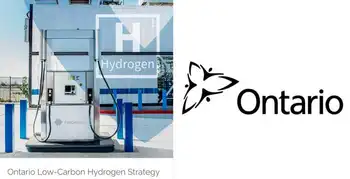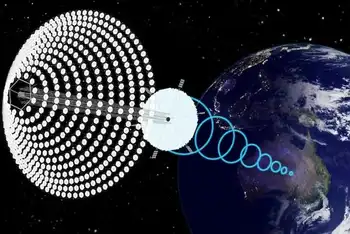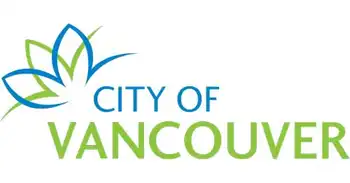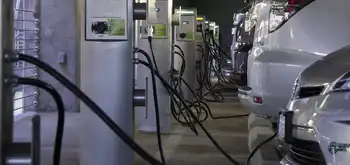rtytry tytrytry ytry rtytry - Under the new policy, plant operators will establish an action plan "to assure timely detection" of such releases, submit reports to the NRC on groundwater samples within plant boundaries and inform state and local officials groundwater leaks if they exceed certain levels. "Even though radioisotopes have not been detected off site at levels that would jeopardize public health, the industry should adopt a higher standard of excellence in radiation protection that goes beyond what NRC regulations required," said Andersen. "When inadvertent radiological releases in groundwater occur at levels that do not require formal reporting, we should inform local and state leaders and the public as a matter of openness and transparency." David Lochbaum, director of the nuclear safety project at the Union of Concerned Scientists, praised the industry's commitment to look more closely for leaks, including possibly drilling wells within site boundaries to test groundwater. He said the reporting was important, but, "if you're not looking for problems
Related News

Ontario Ministry of Energy proposes growing hydrogen economy through reduced electricity rates
TORONTO - The Ontario Ministry of Energy is seeking input on accelerating Ontario’s hydrogen economy. The province has been promoting growth in the clean tech sector, including low-carbon energy production, as an avenue for post-COVID-19 economic recovery. Hydrogen produced through electrolysis (or “green hydrogen”) has been central to these efforts, complimenting both federal and provincial initiatives to create vibrant domestic and export markets for the energy as a principal alternative to conventional fossil fuels.
On April 14, 2022, the Ministry filed a proposal (the Proposal) on the Environmental Registry of Ontario (ERO) to gather input from stakeholders. As part of Ontario’s…




